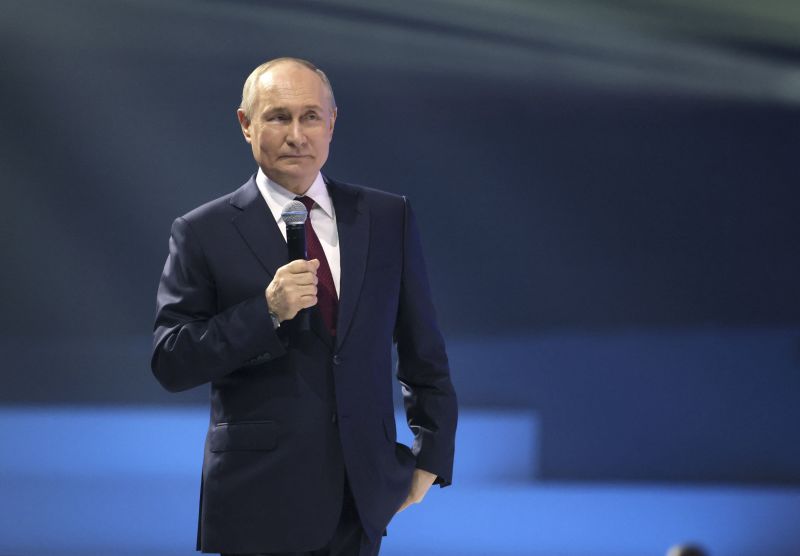The heart of Russian politics, Vladimir Putin, enjoys an unassailable position in the nation’s upcoming presidential elections. With an approval rating consistently over 80%, Putin is on track to extend his reign uninterrupted for more than two decades. This article will delve into the intricacies of Russia’s presidential election system, how Putin commands such an adherent vote bank, and potential implications for the future.
Understanding Russian Elections:
Russia, the largest country globally, follows a system where the President serves for six years, with a limit of two consecutive terms. However, the loophole lies in the ‘consecutive’ part, enabling Putin, who first took office in 2000, to swap roles with Prime Minister Dmitry Medvedev in 2008, president again in 2012 and 2018, and now eyeing the 2024 elections without any legal hindrance.
While the election process involves tangible voting where citizens cast their ballot for one of the enlisted candidates, the contest rarely involves a close fight. Typically, the candidates belong to the pro-Kremlin parties or independents who seldom pose a threat to Putin’s political stronghold. Hence, the elections can sometimes feel ceremonial rather than a contest of political ideologies. The Russian leaders are essentially chosen by Russians from a pre-approved list of candidates the government allows to run.
The Power and Popularity of Putin:
Regardless of the structure of Russian politics, one cannot simply overlook the enduring popularity Putin maintains. Many Russians credit him for restoring national pride and expanding Russia’s global clout. The populace has chosen a secure state over democratic ideals, which reveals why Putin’s way of governance is generally accepted.
Under Putin’s leadership, Russia’s economy stabilized considerably, recouping from the crisis-ridden 1990s. He also oversaw substantial growth until 2008, which is etched in public memory. Furthermore, Putin’s aggressive foreign policies, including annexing Crimea, have also been popular among the majority of Russian citizens, primarily through state-run media narrative.
Future Implications:
While Putin’s continued rule might sound like the repetition of the recent past, there could be significant differences in the impending scenario. Considering his age, Putin, if he wins 2024 elections, might groom a successor during his term, though it’s uncertain who that might be.
Also, Putin’s ongoing term is already witnessing significant changes, with recent constitutional amendments allowing him to potentially stay in power until 2036. These changes, seen as a veiled move towards tightening Putin’s grip on Russian politics, could also impact the country’s democratic future.
The global implications of Putin’s continued rule could include heightened tensions with Western countries, particularly the United States, and strengthened alliances with global powers like China. With rumors of foreign power intervention in the previous US election and hacking allegations, heightened geopolitical tension is a significant possibility.
In conclusion, while Putin’s win in the 2024 presidential election might seem like a foregone conclusion, the subsequent term could herald significant changes in the nation’s political landscape. His enduring popularity, combined with the structure of Russian’s election system, ensures his continued prominence in the arena of global politics. However, it remains to be seen how this extended term of power will shape Russia’s future and what global impacts it will have.




